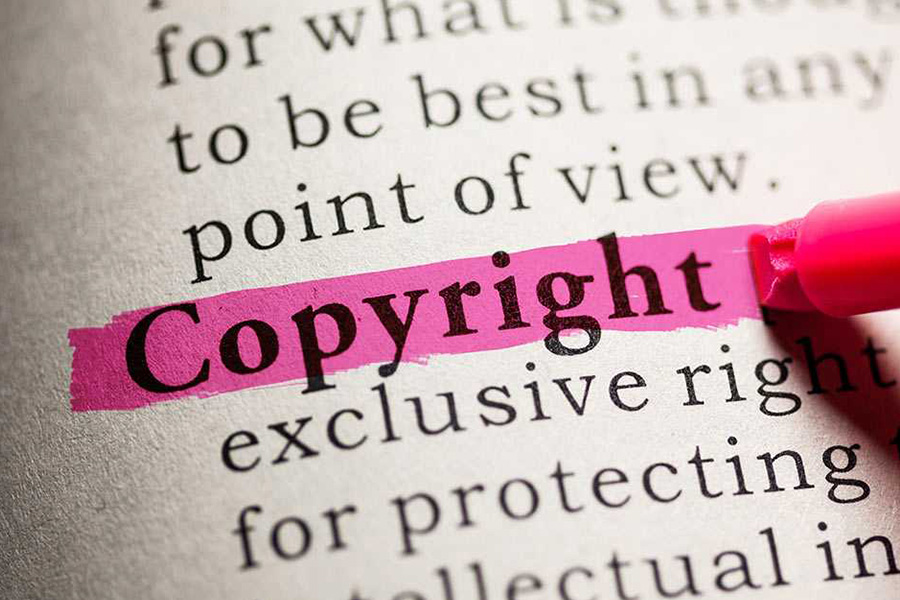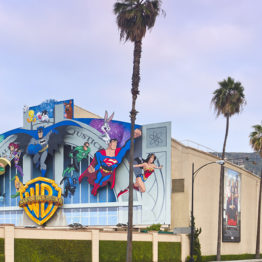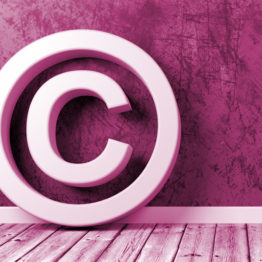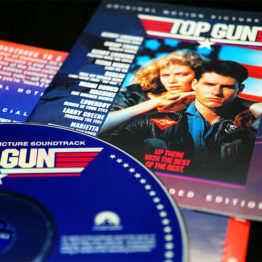
You are free to independently create works that may be similar to others, as long as you can prove that they were, indeed, completely original to you.
The U.S. Copyright Act grants the author of literary property such as a book, video game, screenplay, motion picture, play, etc., the exclusive right to use his creation. Copyright is automatic the moment the work is fixed in a tangible medium like a printed page, a hard drive, a flash drive, digital recording, film, etc. Copyright protection adheres to the material you create or that is created for you as a work-for-hire (see the “Hiring Writers” section below). Copyright protection does not extend to ideas—only to their expression.
The current term of copyright for works created after 1978 is the life of the author plus 70 years. For works made for hire, anonymous works, and pseudonymous works, the term of copyright is 95 years from first publication or 120 years from its creation, whichever is shorter.3 The term of copyright for pre-1978 works is a bit complicated, so it is best to consult with legal counsel if you are planning on making use of these works.
You must secure permission from the owner of a copyright-protected work prior to utilizing it—unless your use is a “Fair Use” or the work is in the “public domain” (see the “Public Domain” section below). You are infringing copyright otherwise. Damages for copyright infringement are hefty, so it is always best to secure permission before-the-fact than suffer the consequences when you receive a cease and desist letter or are sued.
You do not need the author’s permission to use works in the “public domain” or if you are making what is considered a “Fair Use” of a work. The Fair Use exception to the Copyright Act allows you to utilize another’s work without permission for the purpose of “criticism, comment, news reporting, teaching (including multiple copies for classroom use), scholarship, or research” without infringing on copyright. I advise that you proceed with caution and consult with an attorney if you are claiming a Fair Use exception to the Copyright Act because the exception is far narrower than you may realize.
Formally register a copyright for your treatments, screenplays, and films via the U.S. Office of Copyright. It costs $35 to register a copyright online for a single work, author and claimant, if it is not a work-for-hire, $55 if the author and claimant are not the same and/or the work, was created as a work-for-hire. The benefits that you gain from the copyright registration far outweigh the cost. Copyright registration within five years of first publication provides proof of ownership and affords you the opportunity to litigate against infringers since registration is a prerequisite to filing a legal claim. Registration within three months of first publication and prior to an infringement allows a court to award you statutory damages of up to $150,0000 (or actual damages and profits, if they are more than the statutory damages) as well as attorneys’ fees. You may only be awarded actual damages and profits if you do not register within the first three months of publication or prior to an infringement.
Registration of your copyright with the U.S. Copyright Office is the only registration that affords the benefits in the preceding paragraph. The “poor man’s copyright,” which entails you mailing your screenplay (or other creation) to yourself and you saving the unopened package, provides no more protection than the unregistered copyright. The Writers Guild of America (“WGA”) script registration service, which allows you to register written creations, such as ideas, treatments, and screenplays provides proof as to the day of existence only. I recommend registering with WGA when what you have created is not entitled to copyright protection, e.g., an idea. WGA registration costs $20 for non-members and $10 for members. Note that WGA script registration does not trump the Copyright Act. It does not protect your work—it only provides proof of existence.
Producers with hit films are often accused of copyright infringement. You are not guilty of infringing copyright unless you had access to the other work and there are probative similarities between the two that prove that you copied the work. Stephen Spielberg was accused of copyright infringement by a woman who claimed that she had written ET. The woman lost the trial because she had never shared the screenplay with Spielberg. You are free to independently create works that may be similar to others, as long as you can prove that they were, indeed, completely original to you.









